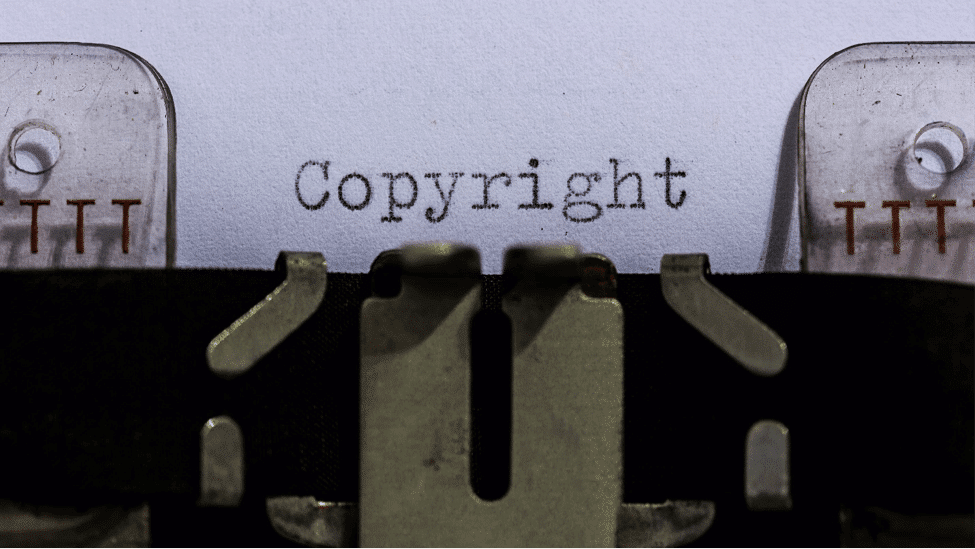In 1998, the US Congress brought United States copyright laws into the digital age when it passed the Digital Millennium Copyright Act (DMCA). The DMCA provides guidelines for handling copyrighted information that is stored or transmitted online. An important component of the DMCA is the “safe harbor” clause.
Congress laid out four safe harbors in the DMCA. These safe harbors limit the liability for copyright infringement. The four safe harbors, in Section 512, are; (a) Transitory digital network communications; (b) System caching; (c) Information residing on systems or networks at the direction of users; and (d) Information location tools. These safe harbors protect service providers from liability for the infringing activities of third parties.
For example, if Timmy recorded a video playing a song he wrote, and then Sarah put that video on her YouTube channel without Timmy’s permission, the safe harbors created by the DMCA protect YouTube from being held liable for Sarah’s copyright infringement. However, liability protections are not absolute, and if YouTube violates requirements of safe harbor protections, they may be liable to Timmy after all.
One requirement for safe harbor protection is that the provider must pass the “red flag” test, which says that a service provider cannot be aware of infringing activity. This test basically asks whether the provider should have known there was infringing material.
A widely known lawsuit involving copyright violations and the DMCA Was Viacom v. YouTube, in which Viacom alleged “brazen” and “massive” copyright infringement on the part of Google, the owner of YouTube, for allowing users to upload hundreds of thousands of copyrighted videos onto the site. The proceedings found that the safe harbor provisions of the DMCA protected Google.
Recently, service providers experienced another huge win in Capitol Records v. Vimeo. The Second Circuit Court of Appeals held that Vimeo, a video sharing site, is protected by the DCMA recordings from 1972 or earlier that its users uploaded. Capitol Records initially convinced the lower court that state law protected the pre-1972 recordings, and therefore Vimeo infringed on its content and ignored red flags. However, the Court of Appeals held that the DMCA’s intent was to protect hosting services just like Vimeo, so it would be unreasonable to hold them liable.
Capitol Records claimed that a “reasonable” employee would know that there was infringed material on the site, so Vimeo failed the red flag test and should not be protected by the DMCA safe harbors. Therefore, Vimeo owed money damages to Capitol Records.
However, the Court said that “leaving service providers subject to liability under state copyright laws for postings by users of infringements of which the service providers were unaware would defeat the very purpose Congress sought to achieve in passing the statute:” basically, the DMCA and its safe harbor clause trumped the state copyright act that Capitol Records used to bring the lawsuit. At the end of the day, the Court’s rule stated that the service provider does not have a duty to constantly monitor for infringement, and that suspicion of infringement is not enough to hold a provider liable unless the infringement was extremely obvious.
Service providers won a major victory in this case, as they now have greatly expanded protections. As more and more copyrighted content is stored and transmitted online, this type of case and protection will become increasingly important to people creating that content.
Contact Revision Legal’s team of experienced copyright and internet attorneys through the form on this page, or call 855-473-8474.
Image courtesy of Flickr user Dennis Skley




